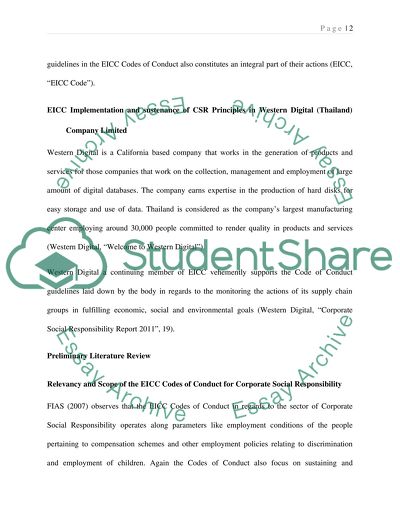Cite this document
(Electronic Industry Citizenship Coalition's Mission Research Proposal, n.d.)
Electronic Industry Citizenship Coalition's Mission Research Proposal. Retrieved from https://studentshare.org/social-science/1446070-how-eicc-coroporte-social-responsibility
Electronic Industry Citizenship Coalition's Mission Research Proposal. Retrieved from https://studentshare.org/social-science/1446070-how-eicc-coroporte-social-responsibility
(Electronic Industry Citizenship Coalition'S Mission Research Proposal)
Electronic Industry Citizenship Coalition'S Mission Research Proposal. https://studentshare.org/social-science/1446070-how-eicc-coroporte-social-responsibility.
Electronic Industry Citizenship Coalition'S Mission Research Proposal. https://studentshare.org/social-science/1446070-how-eicc-coroporte-social-responsibility.
“Electronic Industry Citizenship Coalition'S Mission Research Proposal”, n.d. https://studentshare.org/social-science/1446070-how-eicc-coroporte-social-responsibility.


